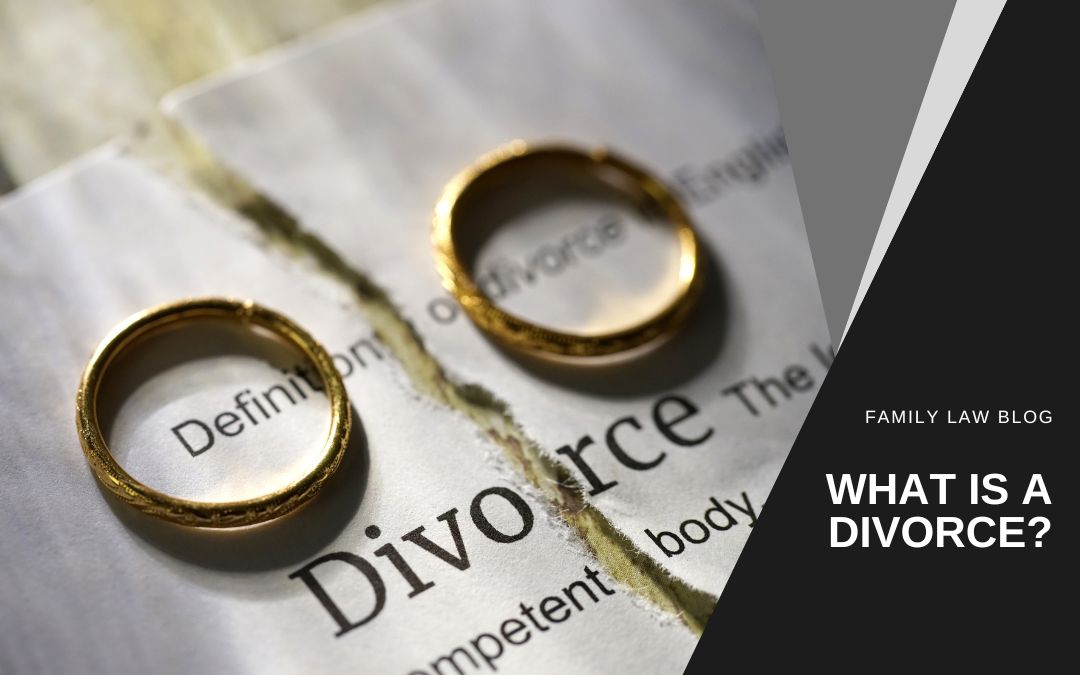What you need to know about divorce
Getting divorced is a legal process.
Sometimes the divorce process is easy — like when both spouses agree, have few assets together, and no children.
Other times, it can be difficult and involve lots of negotiation — especially when emotions are high, there are children to consider, and various joint assets.
Regardless of the situation, all divorces involve rules and paperwork to complete the process legally.
Before ending a marriage, here’s what you need to know about the divorce process.
What is a divorce?
As mentioned, divorce is a legal process that requires a legal reason and court judgment to end the marriage. However, some rules and paperwork may vary from state to state. For instance, a few states require a married couple to live apart and separate before filing for divorce.
During the process, the judge will resolve other issues related to the marriage before the divorce is finalized. For instance, some issues that will need to be decided include:
- Dividing assets
- Custody and support of children
- Alimony
- Determining who can live in the marital home
- Dividing debts
To start the process, you will need a legal reason, or grounds, for the divorce. There are seven “fault” reasons and a “no-fault” option.
For example, the “no-fault” grounds mean that while neither spouse blames the other for the failed marriage, the marriage is believed to be beyond repair. On the other hand, in a fault-based divorce, you must prove that your spouse caused the marriage to end, such as through adultery, desertion, or abuse.
Does common law marriage require a divorce?
Living together for an extended period is insufficient to create a common-law marriage. Additionally, not all states allow common-law marriages. So to determine if your common-law marriage is valid, you’ll first need to learn if the state recognizes your common-law marriage. The requirements can vary per state.
If the court determines your common-law marriage is valid, you will need to obtain a traditional divorce to end it.
What if both spouses don’t agree to divorce?
The divorce process is smoother if both parties agree to end the marriage. However, you don’t need your spouse’s agreement to proceed with a divorce. The law does not force you to stay in a marriage.
There may be rules or time limits that you must adhere to throughout the process if the spouse doesn’t agree to the divorce, depending on where you live. But, you are legally entitled to a divorce even if they don’t agree or refuse to sign the divorce papers.
Do spouses have to go to court to get a divorce?
While a divorce is only final when a judge signs a written divorce decree or judgment, you do have options other than going to court to resolve the issue.
Spouses that can work together to reach an agreement on all issues could consider filing for an uncontested divorce. These divorces are faster, simpler, and cheaper than going to court.
Another option is a collaborative divorce, where the spouses’ lawyers help them negotiate the divorce and reach an agreement. If successful, they can avoid going to court and can save money and time.

